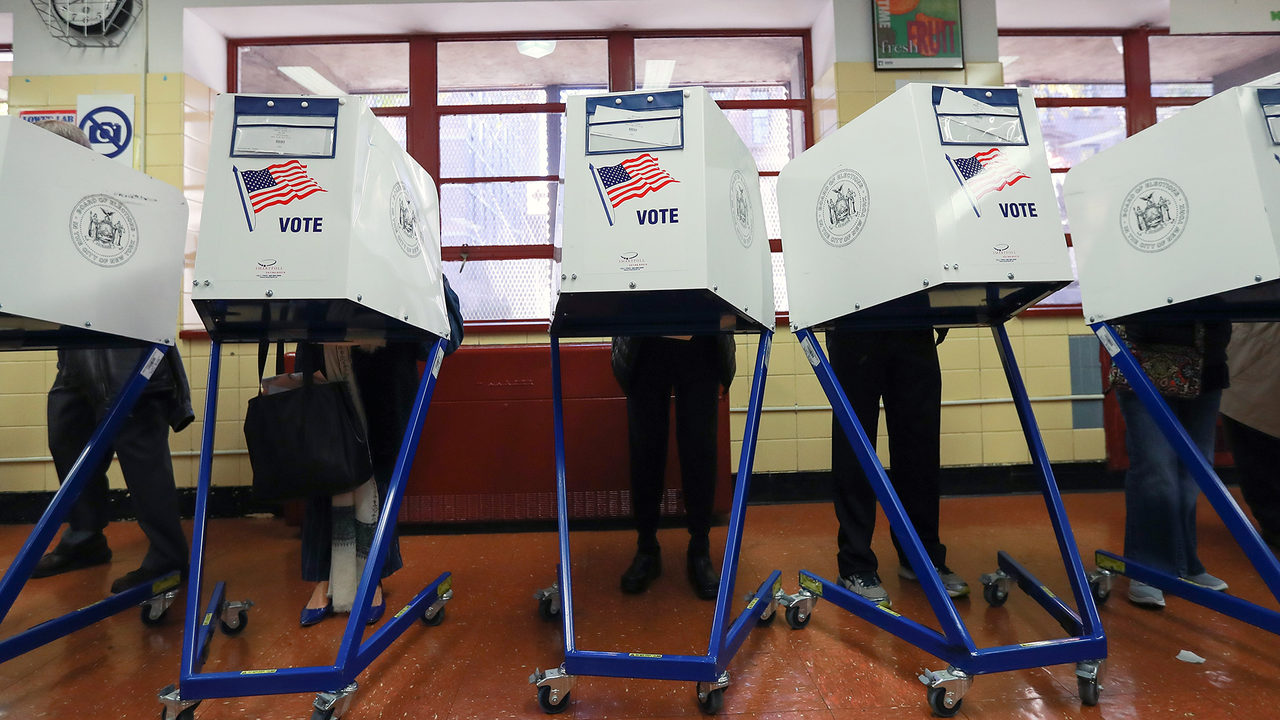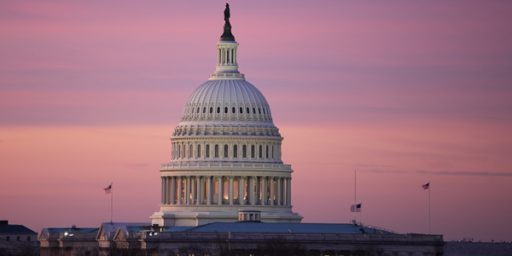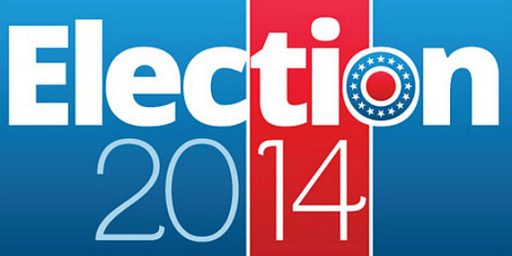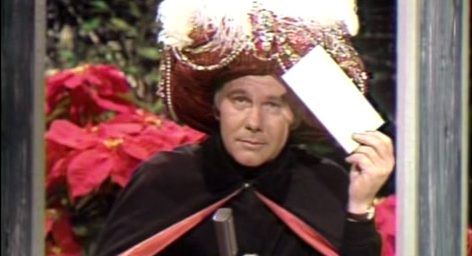Another Example of Our Flawed Democracy
It would be nice if the legislature represented the voters and whatnot.

Via Nate Cohn’s The Tilt newsletter from the NYT: Why Republicans Could Prevail in the Popular Vote but Lose in the House.
Over the last few decades, we’ve gotten accustomed to the idea that Democrats could easily win the popular vote but struggle to win control of government.
This time, there’s a chance of a reversal. After years of winning without carrying the popular vote, Republicans might just need to win the most votes to win the House in 2022. There’s even a small chance of something we haven’t seen since 1952: Republicans winning the most votes, but failing to win control of government.
This is referred to as a spurious majority wherein the party with the most votes doesn’t win the most seats.
If it were to occur this November it would primarily be the result of the non-competitive nature of our system:
One reason Democrats could pull this off is mundane: the number of races contested by only one of the major parties. This cycle, there are about twice as many races without a Democratic candidate as without a Republican one. Democrats won’t have candidates in about two dozen races, compared with about a dozen for Republicans.
This connects to what I have noted before: our elections are not especially competitive.
Cohn also notes that Democrats’ incumbency advantage and turnout patterns could also be factors.
In the simplest of terms, the goal of legislative elections ought to be to reflect, within an acceptable margin, the political preferences of the population. One hallmark of a problematic process is when the party that cannot win the majority of the votes nonetheless wins the most seats. It is a sign of a flawed system.






While we very much see eye-to-eye on the representation flaws in our system, the particular example of counting aggregate votes in a disaggregated system is one that I still don’t understand.
Drawing lines so that the will of the voters in the state isn’t represented is clearly problematic. But what if a state is simply naturally uncompetitive because there are far more members of Party A than Party B and, therefore, Party B doesn’t bother to field candidates. I’m not sure we can infer much of anything from that.
There have always been major differences between nationwide partisan vote totals compared to the relative number of seats. You see the same thing in state legislatures. I don’t think that is a major problem. Furthermore, I agree with James that comparing aggregate vote totals across many individual elections is not relevant and doesn’t tell us anything. After all, a different system that had a nationalized vote would have different outcomes and promote different voter behavior.
I much prefer to have geographical representation than the alternative of an atomized electorate where outcomes are entirely divorced from community and geography. Sacrificing that is not, IMO, worth marginal and theoretical gains in mathematically better representation across the entire nation.
I would further note that recent spurious majorities are not a consequence of the system, which we’ve had for a very long time. If we’re going to identify the problem, then we need to understand why spurious majorities are very rare historically until recently. The fact that they are so rare historically suggests the problem isn’t the system itself.
In my view, the primary reason we’re seeing an increase in spurious majorities is that the House hasn’t grown in size for a century. These spurious majorities would return to their historic rarity if we had a larger House. And that would also basically end the similar problem in Presidential elections where it’s possible to get an EC majority without a plurality of votes.
@Andy:
I really do think that some of the push for mathematically better representation ultimately boils down to the belief that such reform would lead to more representation by my team and becomes partisanship via another route. Representation reflecting community and geography are simply a different selection system which may or may not be “superior”–whatever that means. For my take, every system is a pay your money and take your chances system given that all systems will be dependent on worthwhile people seeking to hold office. Our predisposition to sometimes (frequently???) elect whack jobs that have thrown their hat into the ring (I’m looking as Msrs. Tuberville, Walker, and two GQPers running in my state this election) does not make me optimistic that changing the selection system will accomplish anything of lasting value electorally.
@James Joyner: The bottom line is that there is a national number and that number should matter. The chamber that is supposed to represent the interests of the population ought to, in fact, be representative of the aggregate interests of the population.
And it is far from impossible to design a system that will do that.
@Andy:
You’re not alone. Near where I live, if you put it to a vote, Denver — almost all of which is a single Congressional district — would vote overwhelmingly for there to be a Denver Representative. Even if that means the Dem candidate wins 80-20. Ten years ago, the SE rural portion of the state fought tooth and nail to be in a nearly pure rural district so that their Representative would provide a purely rural opinion on water issues. For multiple decades, Boulder has worked like hell to be sure that Boulder wasn’t put into one of the Denver suburban districts.
FWIW: community and geography don’t have interests, people do, so while I wouldn’t argue for a system utterly divorced from geography, I think we over fetishize it in the US mostly because that is what we are used to and therefore assume it is more worth preserving than it is.
When you divide up people into spaces the space ended up becomes more important than the people a d I think that is a problem.
@Steven L. Taylor:
That would, as Andy notes above, be a very different concept of representation than we now have and I’m not sure I like it.
The House was always supposed to represent localities but be more-or-less representative of the larger population. If we had 435 (current) or 692 (cube root) Representatives and they were elected at large, we would lose any responsiveness to voter inputs other than elections. And constituent service would presumably vanish.
I would prefer something more like you’ve proposed before, with Virginia’s 11 or Alabama’s 7 Representatives all elected state-wide rather than via gerrymandered districts.
Virginia voted 54-44 Biden over Trump (Libertarians got 1.5 and write-ins another .5). That would translate into 6 Democratic Reps and 5 Republican. Under the current system, we have 7 Democrats and 4 Republicans.
Alabama voted 62-37 for Trump. That would be 4 Republicans to 3 Democrats (not quite proportional but that’s how rounding would work) versus the current 6 to 1.
So, Alabama is a really good example of the current system being wildly unrepresentative.
@James Joyner: I am not asserting that we do away with any geographical component (as I said above, “I wouldn’t argue for a system utterly divorced from geography”) but what you are noting, such as the 6-1 v. 4-3 issue in Alabama very much fits what I would prefer. And my overarching point is that you get the 6-1 v. 4-3 issue in states like Alabama because at least in part because we in the US as obsessed with the notion of geography-based representation, e.g., in the case of the House, single-seat districts.
Of course, if we elected the House with moderately sized multi-seat districts the odds of a spurious majority almost vanish (and which is why, contra Andy above, these outcomes are very much tied to structure).
I do think that the states are ultimately arbitrary lines as well, but I recognize their importance, so I am not saying ignore them. I do think we make a far bigger deal of the idea than is warranted that Virginians have radically different interests than Virginians just by virtue of being Alabamanians or Virginians.
@James Joyner:
Also, let me return to the above: part of the point, and perhaps the key point, to making the observation about spurious majorities as we experience them in the US is that they are a sign that, in fact, the voters in states aren’t being properly represented. It is one of several little red lights warning us that the over system has a problem.
If representation at the state level was sound, the odds are that national representation would be sound. And if, under a system of properly representative state elections we still had a spurious majority we could look to figure out that it was because of some especially weird distribution of voters nationally, well that’s fine.
To be honest, I am not sure how possible such an outcome would be if the system was otherwise functioning properly. (I am thinking very, very low to nonexistent).